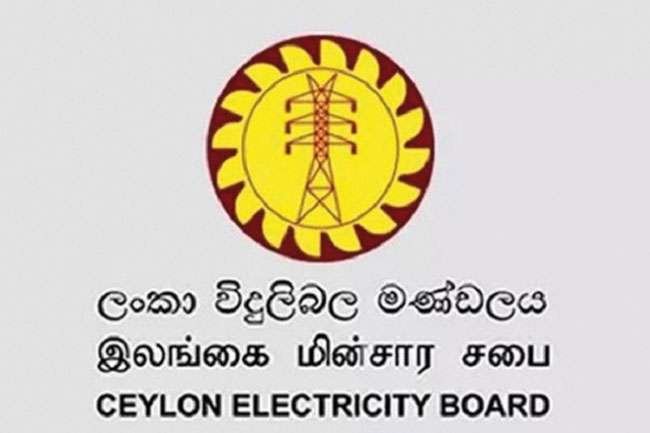
CEB to be separated into three state-owned entities?
Director General of the Power Sector Reforms Secretariat Pubudu Niroshan revealed that the committee appointed by the Ministry of Power and Energy to review the Sri Lanka Electricity Act has recommended that the Ceylon Electricity Board (CEB) be separated into three separate state-owned entities to oversee electricity generation, transmission and distribution.
This will be a departure from the current provision to separate the CEB into 12 entities, some of which were to be privatized.
Addressing the media, the Niroshan mentioned that a National System Operator which will also be state-owned will be established to oversee planning, procurement and constructions in the electricity sector.
The Power Sector Reforms Secretariat DG further stated that the committee appointed by the Ministry of Power and Energy to review the Sri Lanka Electricity Act, on January 20, published an internal investigation report on the amendments required to the Act.
Meanwhile, he noted that stakeholders can submit comments on the concept paper in writing until the February 14, either via post by addressing them to the Ministry of Power and Energy, Number 437, Galle Road, Colombo 03, or via email to the address reforms@powermin.gov.lk.
Niroshan expressed that based on the recommendations of the committee, three key amendments have been proposed for the act.
“Currently, the act states that the Ceylon Electricity Board will be separated into 12 separate entities, 3 of which will be state-owned, and of the remaining 9, some may be entirely privately owned and others public-private partnerships.”
“However, under the new government’s energy policy, three separate entities will be established for the generation, transmission and distribution of electricity, which will be state-owned at all times.”, he added.
“Additionally, a national system operator, which will also be entirely state-owned, will be established to oversee planning, procurement and constructions related to the electricity sector. Finally, a government trust will be established to provide EPF and ETF facilities for the current and retired staff of the CEB”, Niroshan said.
Furthermore, he emphasized that the Electricity Act already contains provisions regarding eliminating corruption in the CEB, stopping the malpractices of employees and to reduce the electricity tariff by a considerable amount.
Commenting further, he added: “We are the country with the highest electricity bills in the region. Currently the average price of a unit of electricity is 13 US cents or Rs. 39. Government’s intention is to reduce it to Rs. 24 or 8 US cents. Within the next 5 years, government intends to make Sri Lanka the country with the most affordable electricity tariffs in the region.”

